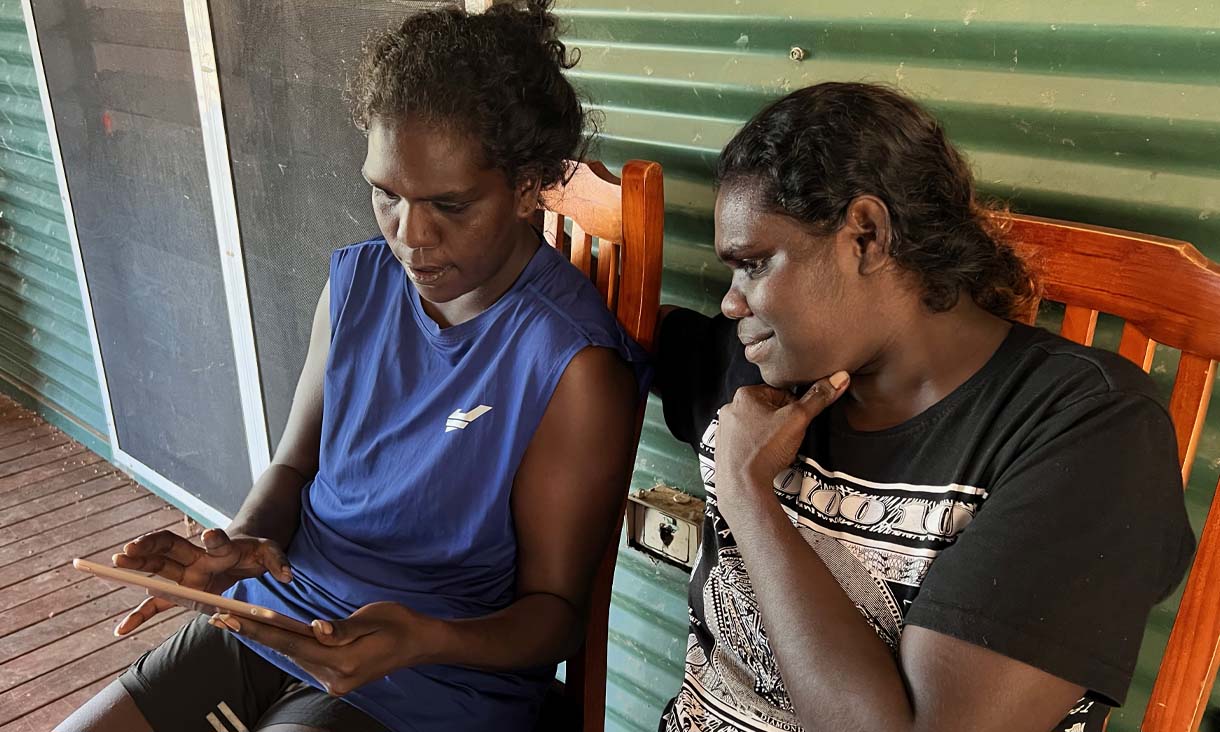Free Wi‑Fi for 53 remote communities – RMIT experts react
The federal government last week announced plans to install free public Wi‑Fi in a further 53 remote communities, in a move aimed at narrowing the digital divide for First Nations Australians.
One hundred years on, RMIT and industry experts consider what Australian culture might look like without broadcast TV
RMIT University convened Media & Communication luminaries for a ‘100 Years of Broadcast TV’ symposium to reflect on the impact of the broadcast signal in Australia and speculate about its future in the wake of major industry disruption.
McCraith House Creative Residency Program wraps up a vibrant year of artistic experimentation and collaboration
RMIT’s College of Design and Social Context celebrates a year of creative residencies across literature, design, music, and performance.
RMIT student wins Best in Category at Victorian Premier’s Design Awards
A sustainable furniture system using digital fabrication techniques and repurposed furniture waste has won Best in Category for Student Design at the Victorian Premier’s Design Awards alongside over twenty RMIT-affiliated projects recognised at this year’s awards.







